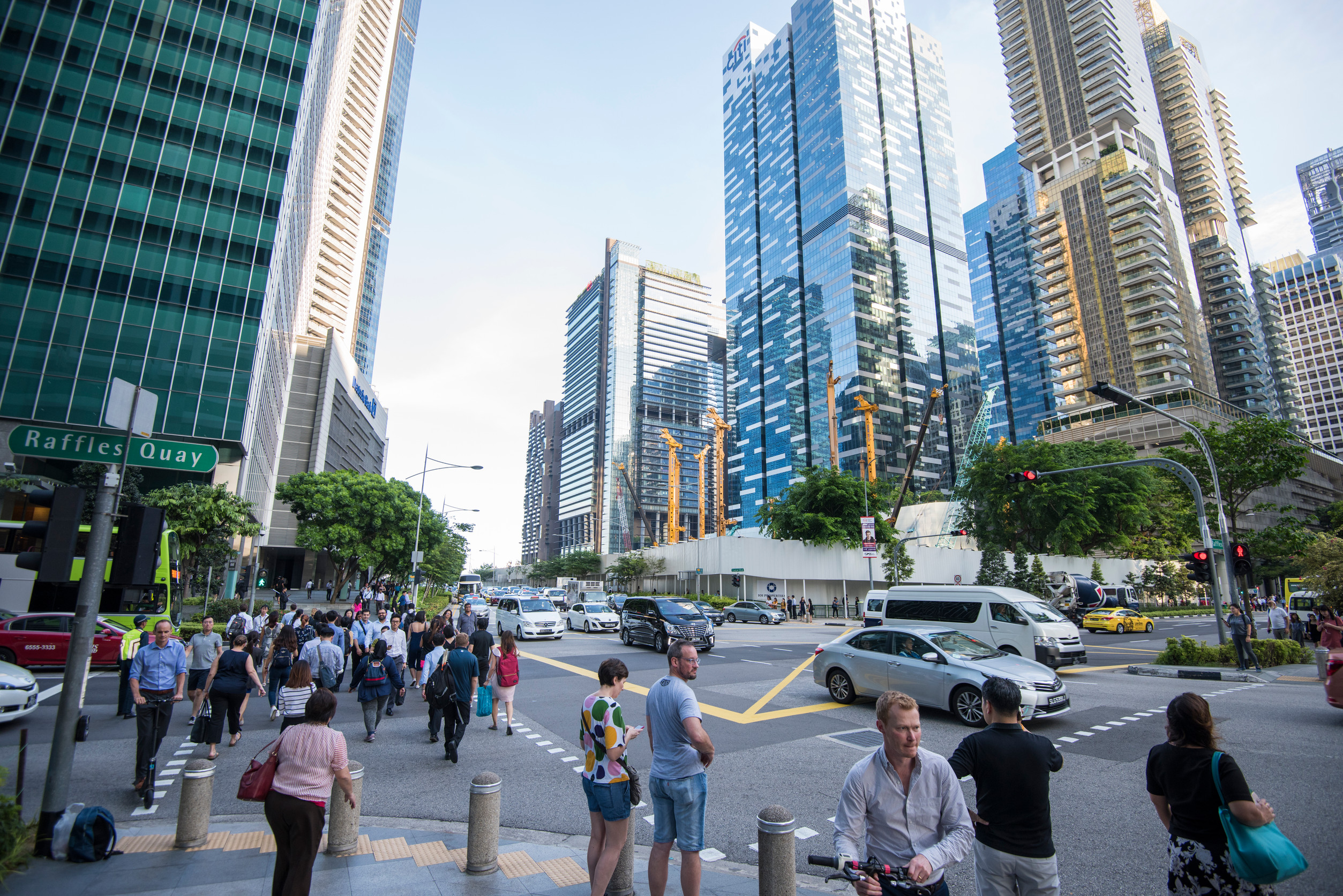Mental health issues impacting workplace productivity in Singapore
- Champa Ha

Singapore could be losing close to S$16 billion (US$11.9 billion) a year, or around 2.9 per cent of its gross domestic product (GDP) because of mental health issues such as anxiety and depression.
A survey conducted as part of a joint study by the Duke-NUS Medical School and Singapore’s Institute of Mental Health (IMH) found that 13% of respondents who suffered from conditions such as anxiety, depression and other mental health conditions had made at least one visit to an emergency department, and 9% were admitted into a hospital, which amounted to increased healthcare costs by S$1,050 (US$785.08) a year on average.
The affected respondents, on average, reported missing an extra 17.7 days of work a year, which translates to S$4,980 (US$3723.68) an employee, and were less productive at work by 40%, which equated to S$28,720 (US$21473.70) annually in economic losses. The annual value of lost productively that was attributed to mental health issues was summed up to S$15.7 billion (US$11.7 billion).
READ: Employees in Singapore can expect slower wage growth this year
Of the amount, 81.6% of the loss (S$12.8 billion or US$9.57 billion) was attributed to lost productivity when employees are not fully functioning in the workplace due to injury, illness and other conditions. Employees who did not show up for work accounted for 14.2% of the loss (S$2.2 billion or US$1.64 billion), and healthcare resource usage amounted to the rest at S$0.7 billion (US$0.52 billion).
According to the researchers, the study is the first of its kind after the onset of the pandemic that estimates the prevalence and economic burden of depression and anxiety symptoms among Singaporean adults, and is consistent with global findings.






